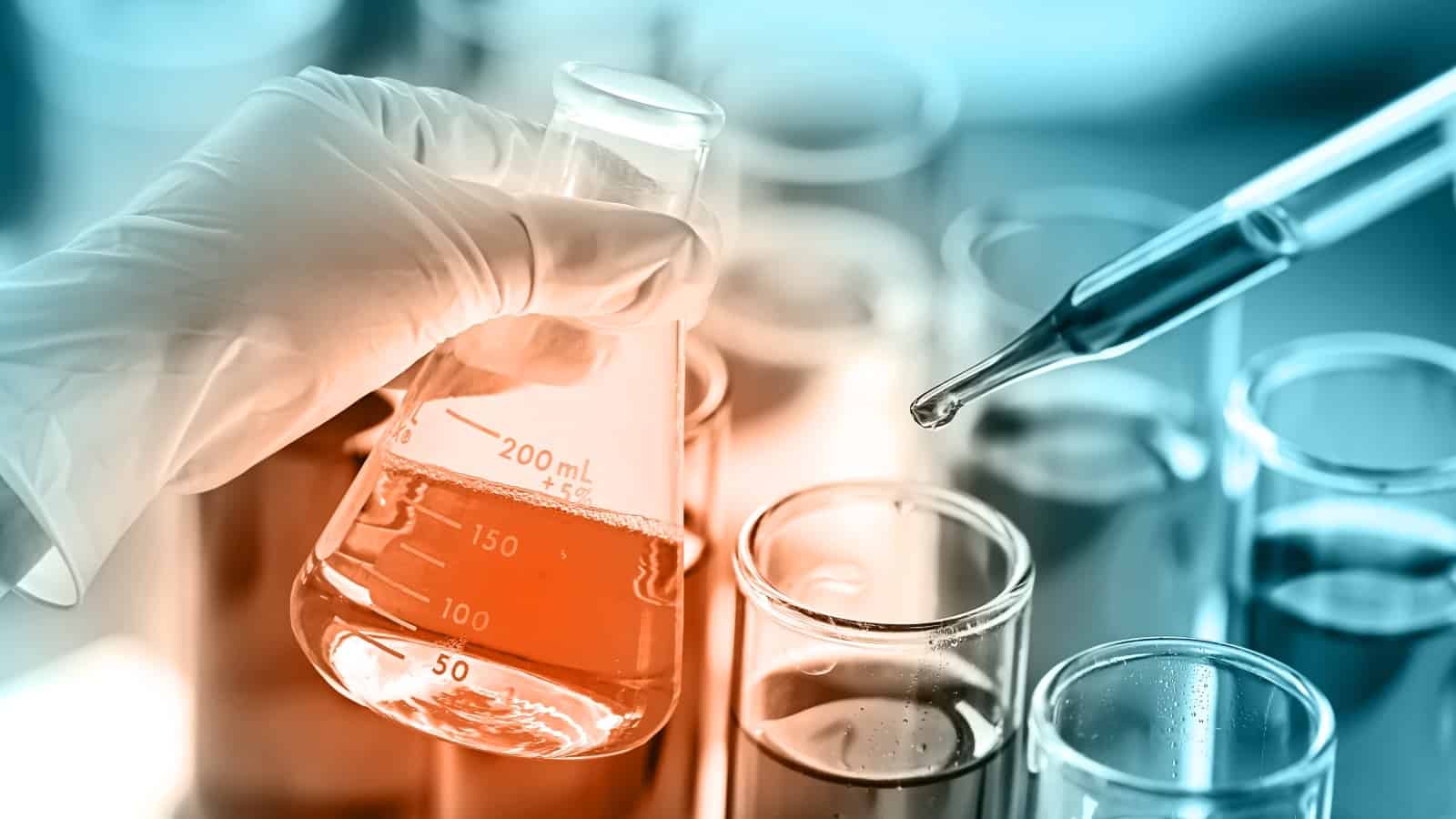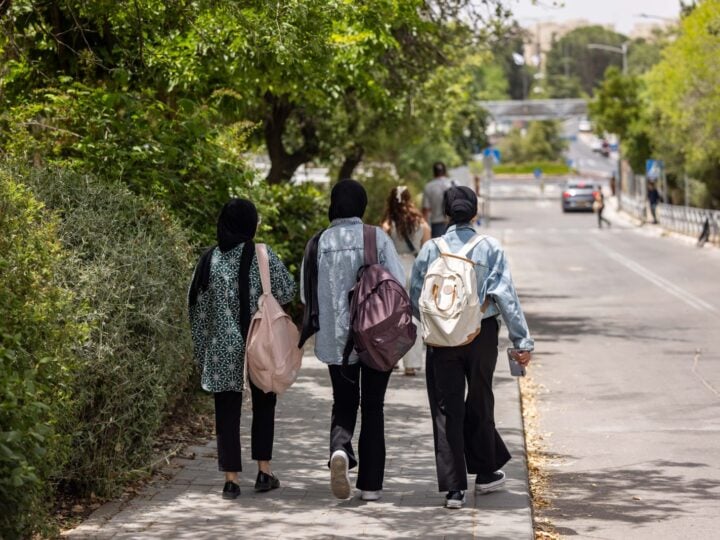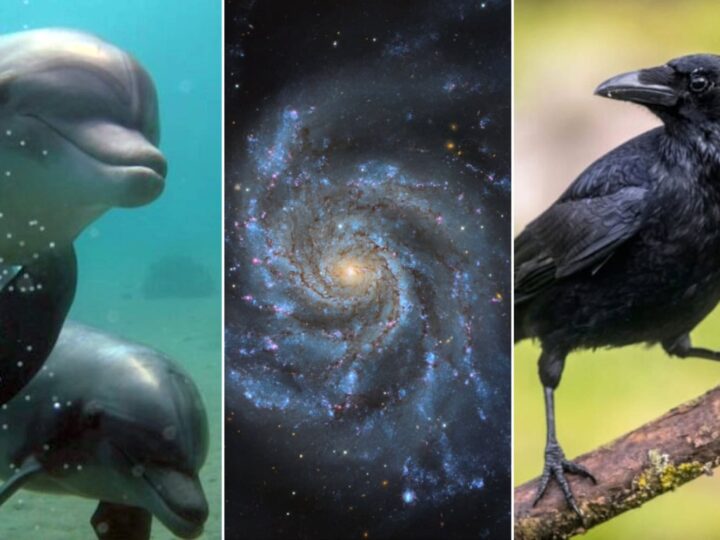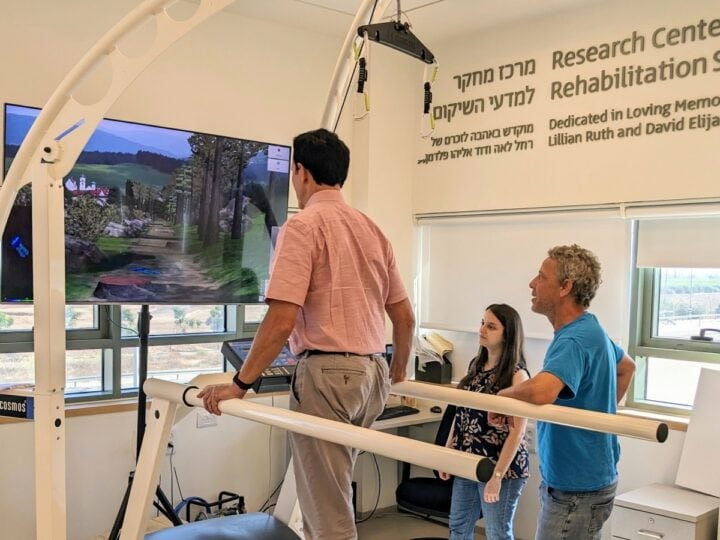Hundreds of millions of tons of plastic are produced each year thanks to a chemical reaction in three related molecules — ethane, ethyl and ethylene.
And yet, no scientists actually witnessed these reactions, until an Israeli PhD student studying something else unintentionally did exactly that.
“At first, I didn’t know what we had done,” admits PhD student Nadav Genossar-Dan from Ben-Gurion University of the Negev. “It was only when I was looking at the data we collected that I realized we had managed to observe this important chemical.”
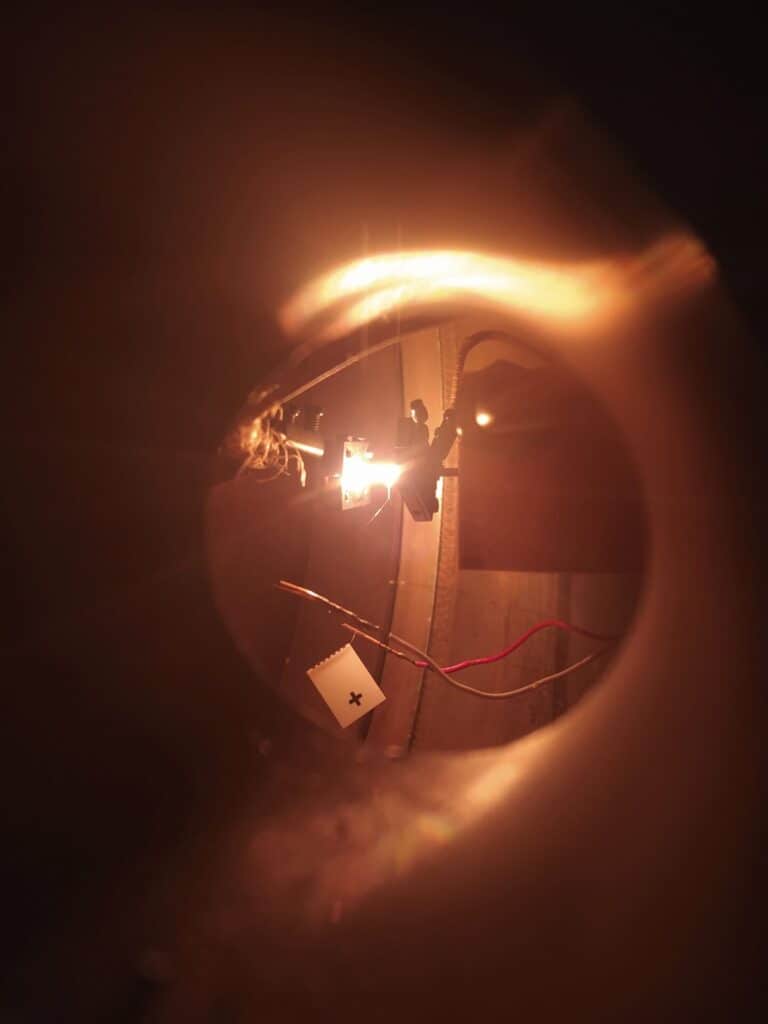
Genossar-Dan was leading an experiment with ethylidene, which is closely related to ethane and ethyl. He required a tool called a synchrotron, which produces vacuum ultraviolet light, to heat the molecule until it cracks apart briefly.
Since there are only a few synchrotrons around the world, he booked a one-week experiment in the Swiss Light Source synchrotron, and then worked around the clock with his group members and the hosting scientist to run the experiments.
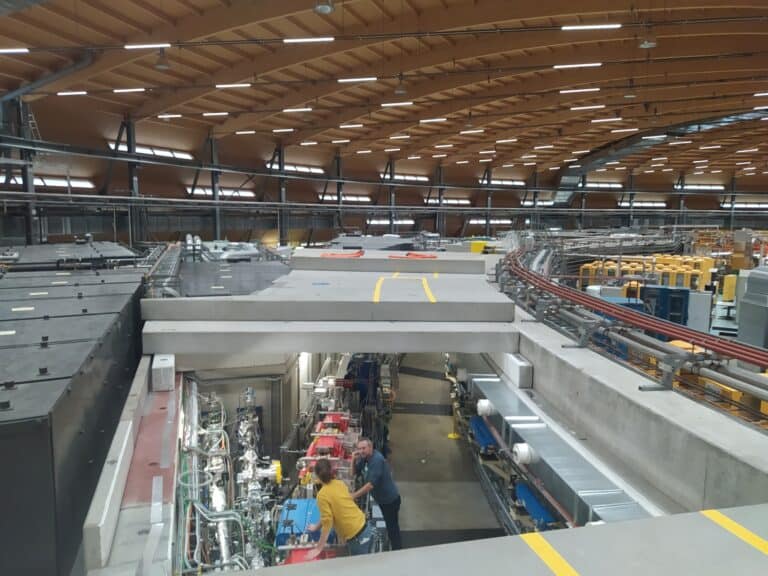
Upon going over the data from the week-long project, Genossar-Dan realized that they had detected the last unobserved intermediate in the ethane pyrolysis reaction for the first time.
“Going back through the literature since the 1930s, I couldn’t find a single researcher who had managed to observe it,” he noted.
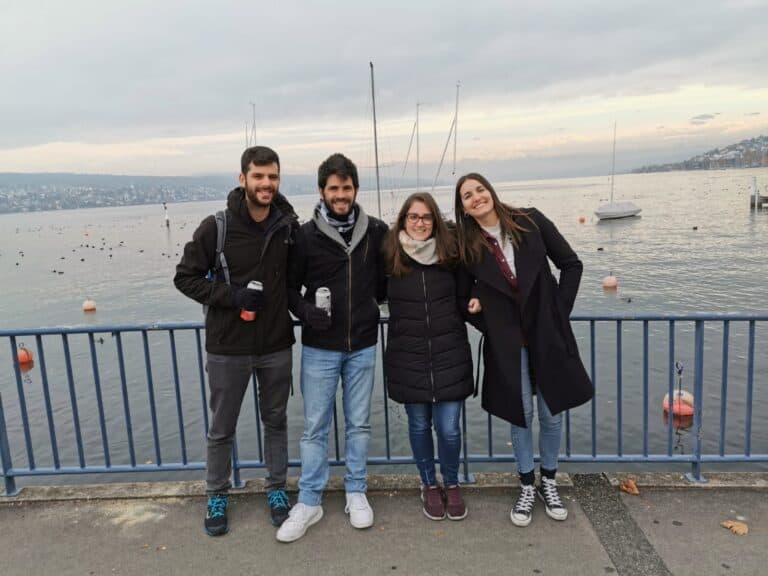
“Observing this intermediate [step] is the beginning of the path to making associated processes cleaner and more efficient, an important factor in industries such as plastics and natural gas,” said Genossar-Dan’s supervisor, senior lecturer Josh Baraban.
Together with their US and Swiss colleagues, the Israeli team published their findings in the journal Angewandte Chemie.




